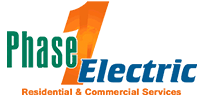|
If you've just acquired an electric vehicle (EV) or are contemplating making the switch, one important aspect to consider is the installation of your very own EV charger. In this comprehensive guide, we will dive into the intricacies of EV charger installation and provide you with all the information you need to make an informed decision. From understanding the importance of professional installation to exploring the benefits and considerations. EV Charging Station Installation BasicsWhat is EV Charger Installation? To start, let's demystify the process of electric car charger installation. When you install an EV charger at home, it ensures you have a convenient and efficient way to charge your electric vehicle. The process involves setting up a dedicated charging station, commonly referred to as an Electric Vehicle Service Equipment (EVSE), to deliver electricity to your EV's battery. Why Professional Installation Matters? While the idea of a DIY installation might cross your mind, it's important to emphasize that you should never attempt to install your EV charging point yourself. Only certified electricians with specific experience in EV charging station installation should handle the task. This not only ensures the safety of the installation but also maintains compliance with national regulations. Professional installation is a critical factor in preserving the warranty of your charging equipment. Steps to a Successful EV Charger Installation
1. Safety Comes First Safety should be the top priority in EV charging station installation. Given the high electricity levels involved, it's essential to enlist the services of an experienced and specialized installer. This ensures that both your home's electrical system and the charger itself are handled with expertise, reducing the risks of fire or electric shock. 2. Compliance with Regulations Choosing an experienced EV installer guarantees compliance with national regulations, including wiring regulations. A certified electrician typically certifies the installation, providing validation that it meets safety standards. This compliance certificate is not only essential for insurance claims but may also be required when applying for grants or incentives related to EV charging. 3. Price Considerations Investing in a trustworthy and experienced installer is worth the money. While the minimum price for proper installation starts around $884, the exact cost depends on factors like location and technical requirements. Considering the distance between your fuse box and parking spot, cable length, and other specifics can impact overall costs. Additionally, exploring national and local EV charging incentives can help offset installation expenses. 4. Services and Experience When choosing an EV charging station installation service, prioritize safety and compliance. Look for installers with specific expertise in EV charger installation and a commitment to end-to-end service. A comprehensive service should include pre-installation advice, post-installation guidelines, and expert insights into choosing the right charger for your current and future needs. Benefits of Electric Car Charger InstallationWhen you install an EV charger at home, it comes with numerous benefits. Beyond the convenience of charging in your own space, you can save money through tax credits, rebates, and grants offered by states and the federal government. These incentives make EV charger installation a worthy investment, not only enhancing the value of your property but also contributing to a safer and more sustainable future. What is a Smart EV Charger? A smart EV charger adds an extra layer of control to your charging experience. Accessed remotely via an app, it allows you to connect with your car and electricity supplier. This technology enables you to schedule charging during low-demand periods, potentially reducing costs. Can I Get a Specific Electricity Tariff for EV Charging? While specific EV tariffs are limited, a two-rate tariff, offering different rates for daytime and nighttime usage, can be advantageous. This setup aligns with the typical charging patterns of EV owners, making it potentially cost-effective. Investigate the available options with your energy supplier to find the most suitable tariff for your EV charging needs. Who Installs EV Charger at Home? If you're not a qualified electrician, attempting a DIY EV charger installation is not recommended due to the associated risks. Instead, seek the services of an experienced and certified local EV charger installer. These professionals possess the necessary qualifications to ensure a safe and compliant installation. Your EV charger provider can often recommend a reliable installation company. How Do Home EV Chargers Work? EV chargers pull electrical currents from the outlet to provide electricity to your vehicle. You only pay for the electricity used during the charging process. Installation takes approximately one day and should be carried out by a licensed electrician. If you lack a garage, utilize the best available outdoor space for your charging station. ConclusionUndertaking an EV charger installation is a decision that contributes to your safety, convenience, and a sustainable future. Prioritize professional installation, adhere to safety regulations, and explore potential incentives to make the most of your investment.
By choosing an experienced and certified installer, you ensure a seamless process that enhances the value of your property and prepares you for the evolving landscape of electric transportation. If you're ready to make the leap into the world of EVs, proper electric car charger installation is your first step towards a greener, more efficient future. |
Archives
July 2024
Categories
All
|
|
7632 Nestucca Trail, Noblesville, IN 46062, United States
Click-To-Call: (463) 217 3568 Email: [email protected] |
Hours of Operation
Mon: 8:00 AM to 6:00 PM
Tue: 8:00 AM to 6:00 PM Wed: 8:00 AM to 6:00 PM Thu: 8:00 AM to 6:00 PM Fri: 8:00 AM to 6:00 PM After Hours and Sat & Sun: Emergency Calls Only |
Find Us On Social Media
|
© 2020 | All Rights Reserved. | Phase 1 Electric
Privacy | Disclaimer | Terms of Service | Cookies Policy
Privacy | Disclaimer | Terms of Service | Cookies Policy
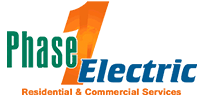
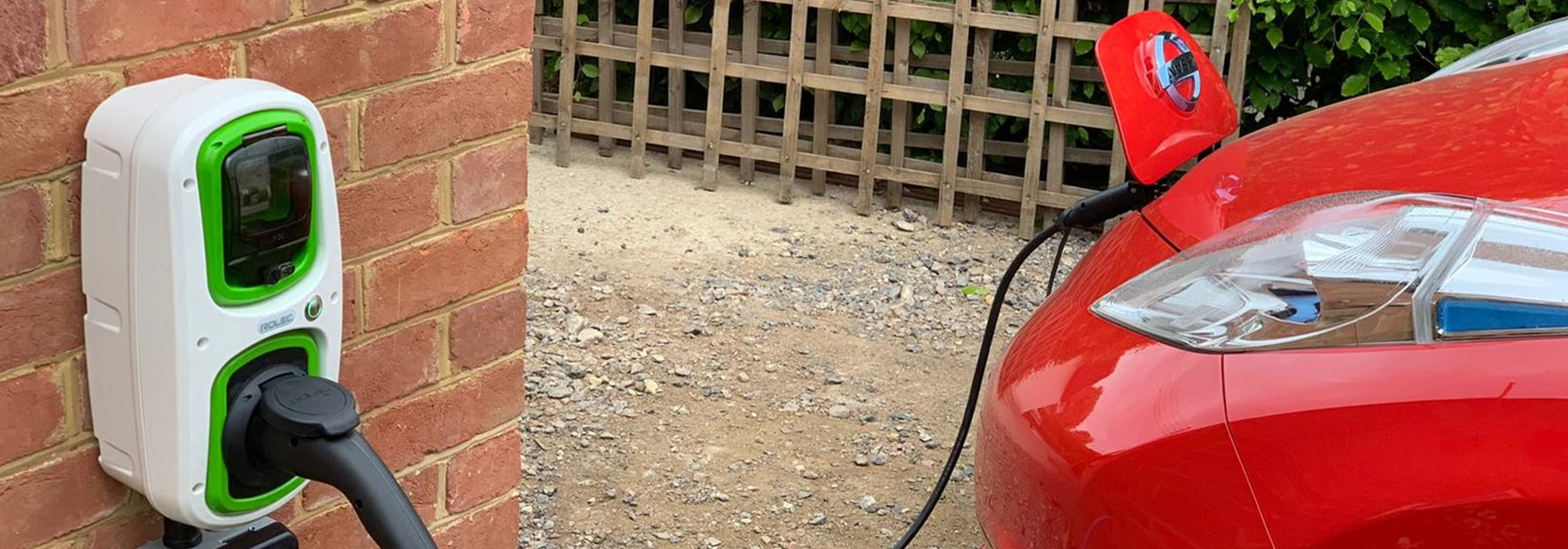
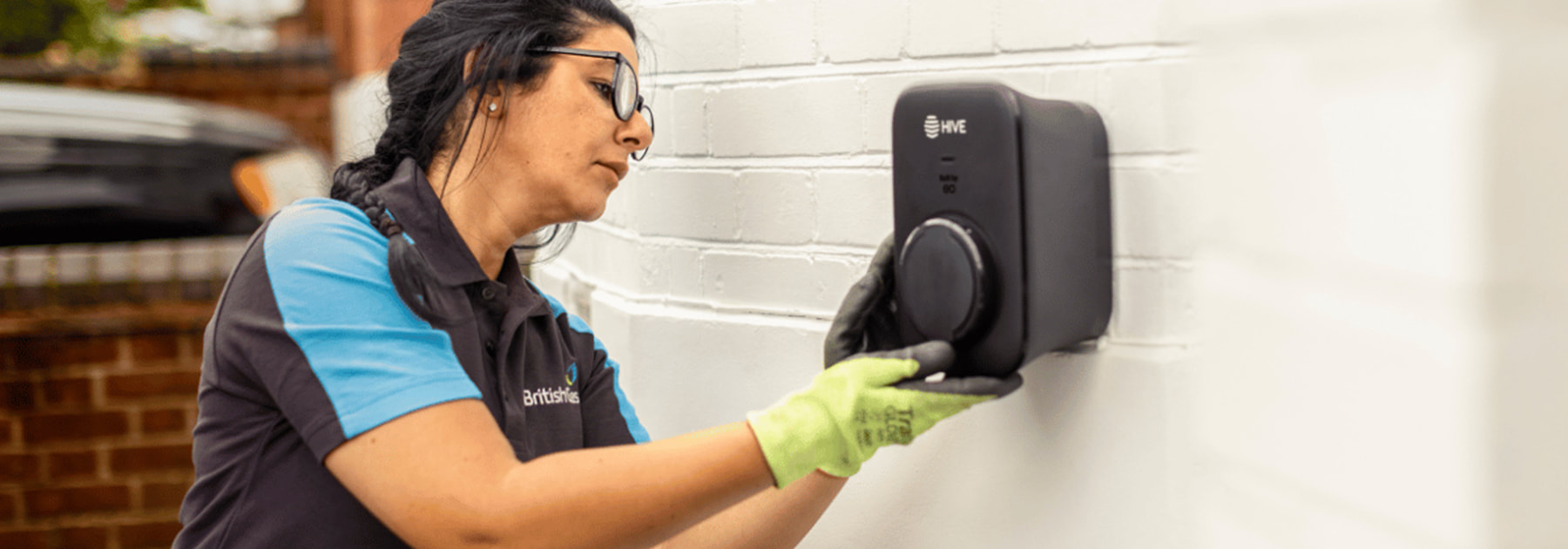
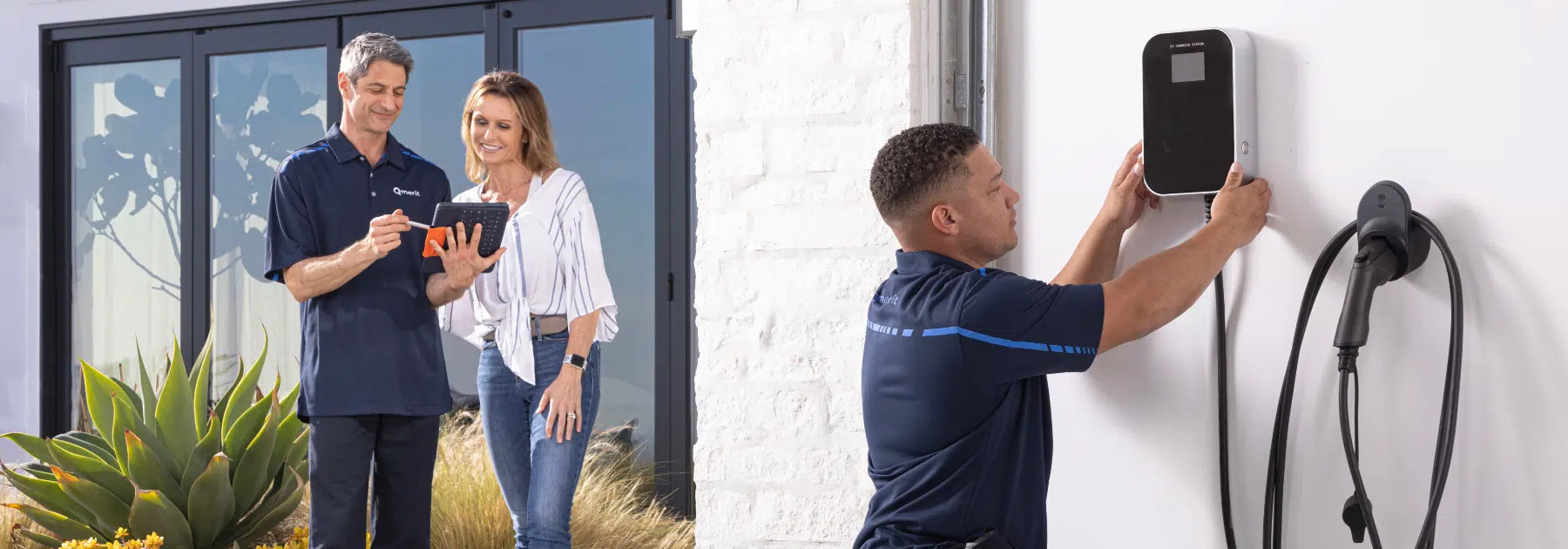
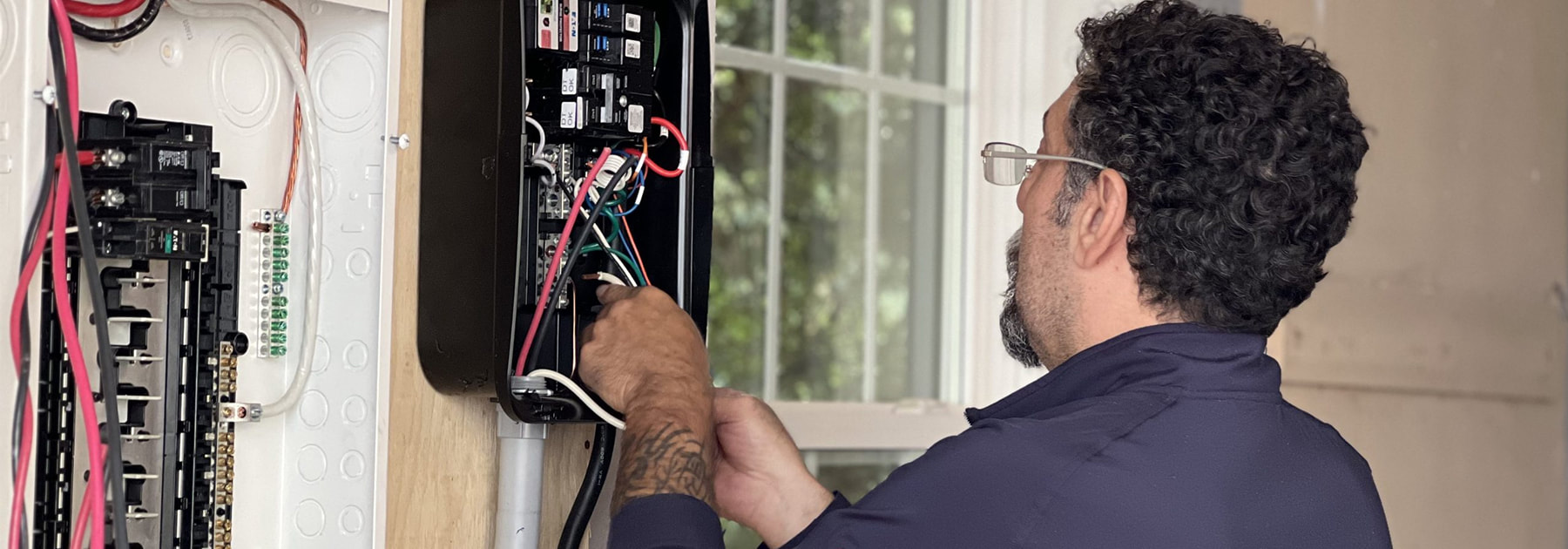
 RSS Feed
RSS Feed
